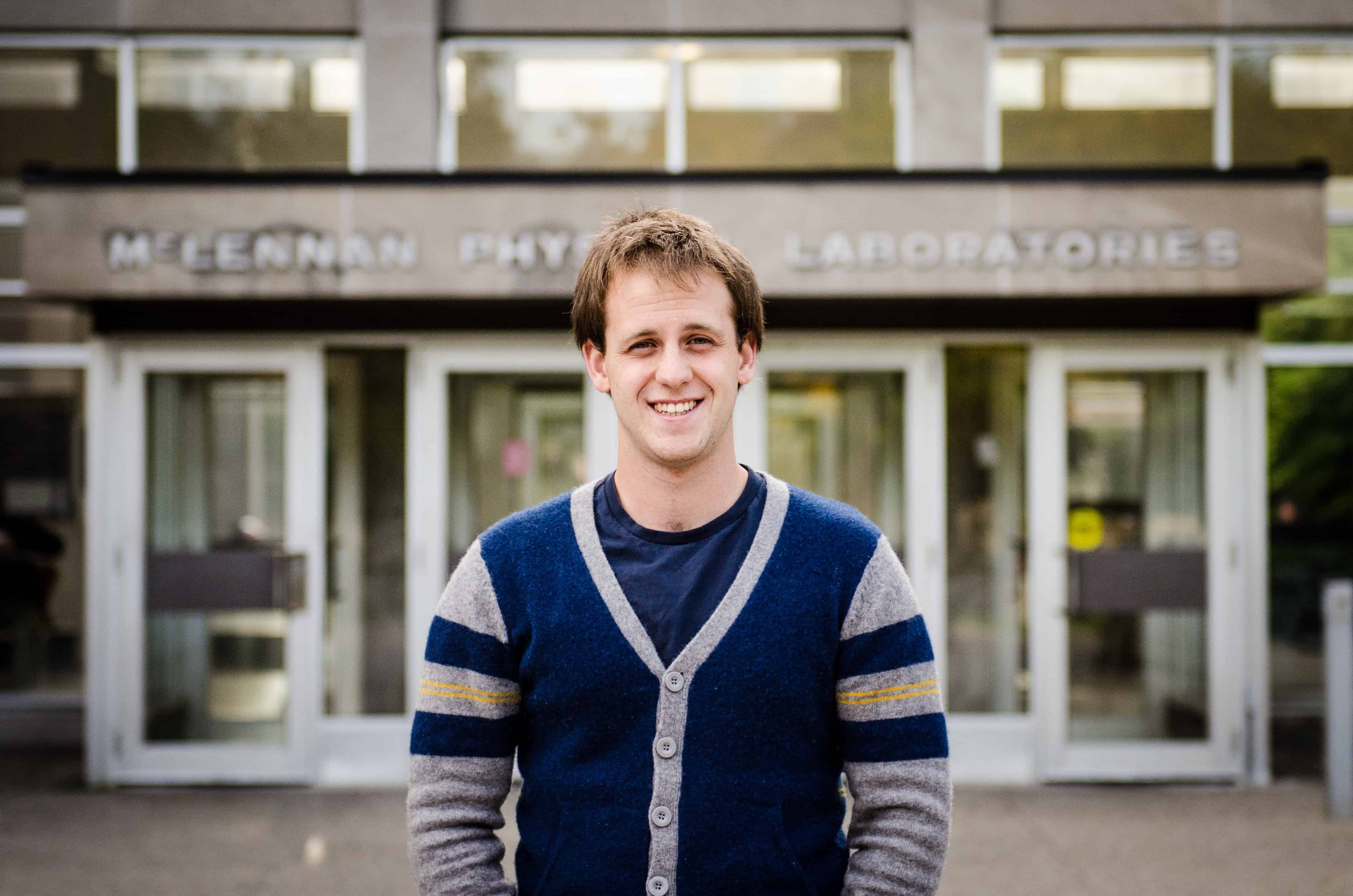There was a time when scientists stood tall on campus, bestriding the ivory corridors of academia as mighty mental workers of the highest order. Private funding was generous, government funding was more than generous, and nosy ethicists had yet to murmur about the dire implications of research directed by external agencies. Those were the halcyon days of university research in the sciences, when the work was its own pleasure and the rest was silence.

MAEVE DEVITT TREMBLAY/THE VARSITY
Undergraduate students flocked to 9 am laboratory classes — neatly attired in jackets and ties — and spent long hours working over problem sets, largely because Facebook hadn’t yet been invented. Graduate students could expect three or four years of intense, stimulating immersion in their chosen discipline before receiving a doctorate, a tenure-track position, and a sudden interest in jackets with elbow patches.
This idyllic period was called the 60s, and those days are long over.
Graduate students in the sciences can now expect to spend the better part of a decade earning a PhD, emerging only to fight tooth and nail for the limited number of academic positions available, or else join the workforce unprepared for the demands of modern business. Tenure-track jobs almost never go to newly-minted Ph.D’s, as graduates are expected to complete at least one post-doctoral fellowship — if not several — before becoming an assistant professor.
So goes the standard argument against grad school. It seems to be largely correct, too. Between 2005 and 2009, over 100,000 doctoral degrees were awarded in America. Just 16,000 professorships opened up during the same period.
In Canada 80 per cent of post-docs earn a salary comparable to that of the average construction worker. Only 14 per cent of PhDs in biology and life sciences find a tenure track job within five years of graduating. Against numbers like these the fiscal case for grad school looks bleak.
The numbers alone, though, don’t tell the story. Graduate students from all disciplines complain of burdensome work schedules and offices more lived in than homes. The comic Piled Higher and Deeper, about the misadventures of a nameless graduate student, turned 15 this year, attesting to both the universality of the grad school experience and the eternal human need to insert cartoons into the workplace.
The University of Toronto experienced first-hand grad student discontent last year, when CUPE 3902, representing contract instructional stuff, came close to striking in February over issues such as lab and tutorial sizes, decreased research support, and lower pay rates. Though the strike was averted, it will likely not be the last time problems in grad school come to the surface.
Despite the rising sea of complaints directed against grad school, the ever-increasing number of applications to doctoral programs each year attests to continued student interest. In a recent Slate article endorsing grad school Daniel Lametti, a doctoral candidate in behavioural neuroscience at McGill, discussed his experiences.
“Barring a thesis defense meltdown, I’ll be one of about 50,000 graduate students across the United States and Canada to get a PhD in science this school year,” wrote Lametti. “After seven years in graduate school, I’m left wondering if the time and effort was worth it.”
Though Lametti admits most negative portrayals of grad school describe the problems accurately, few critics address why many students stay for the full five, seven, or 10 years: intellectual curiousity.
“The biggest perk of grad school in science is getting paid to learn. Many of the people I spoke to missed the intellectual and logistical freedom of grad school. Nobody expressed regret about working towards a science PhD; grad school, most said, was a lot of fun.”
Chris Luciuk, a U of T first-year physics graduate student, agrees.
“[Going to grad school] was sort of a way to postpone making a real decision at first,” Luciuk admitted a little sheepishly during a recent interview.
“You don’t stay unless you actually enjoy it, though.”


